Diagnostic Services:
To provide accurate laboratory diagnosis, consultation, and treatment for patients with parasitic diseases.Education:
To deliver high-quality teaching and learning in medical parasitology for undergraduate, graduate, and medical personnel.Research:
To conduct research in parasitology and related sciences to advance medical knowledge and improve public health.Academic Services:
To offer academic and technical expertise to medical institutions, public health organizations, and communities.Professional Services:
To promote professional excellence and uphold ethical and international standards in parasitology practice.Other Missions:
To support the Faculty of Medicine and King Chulalongkorn Memorial Hospital in achieving their vision and to continuously develop the department in line with scientific and social progress.

DEPARTMENT OF PARASITOLOGY FACULTY OF MEDICINE CHULALONGKORN UNIVERSITY
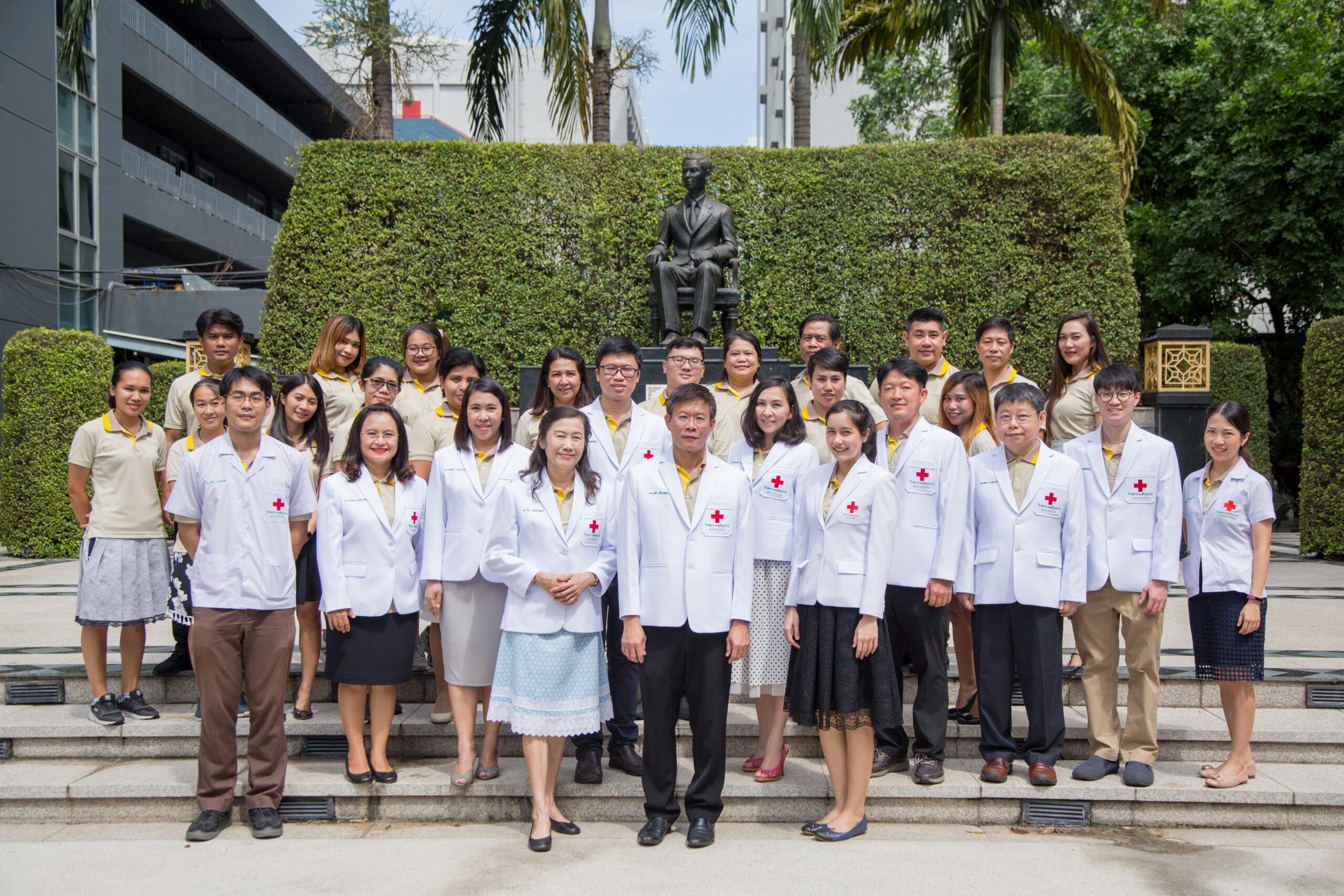
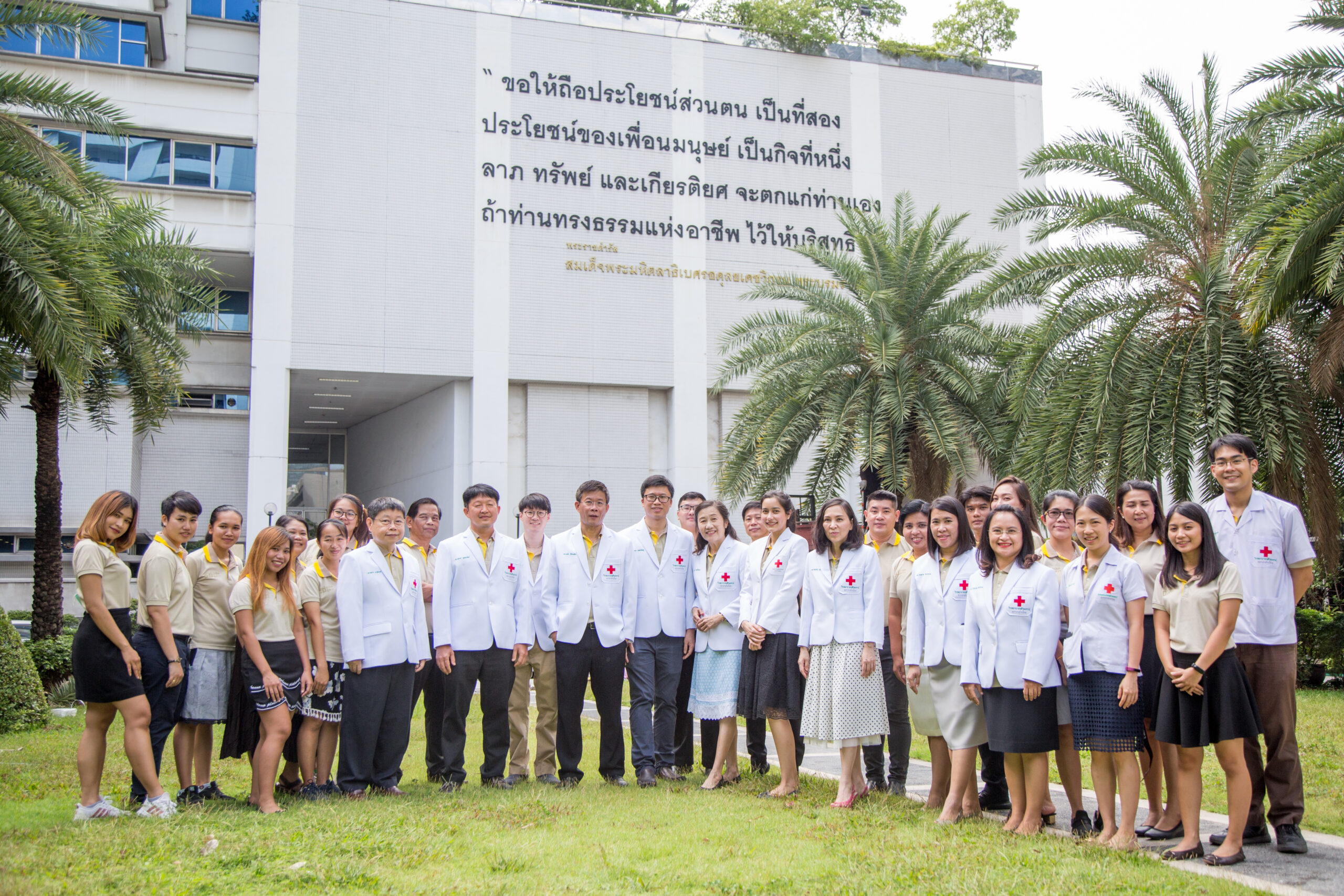
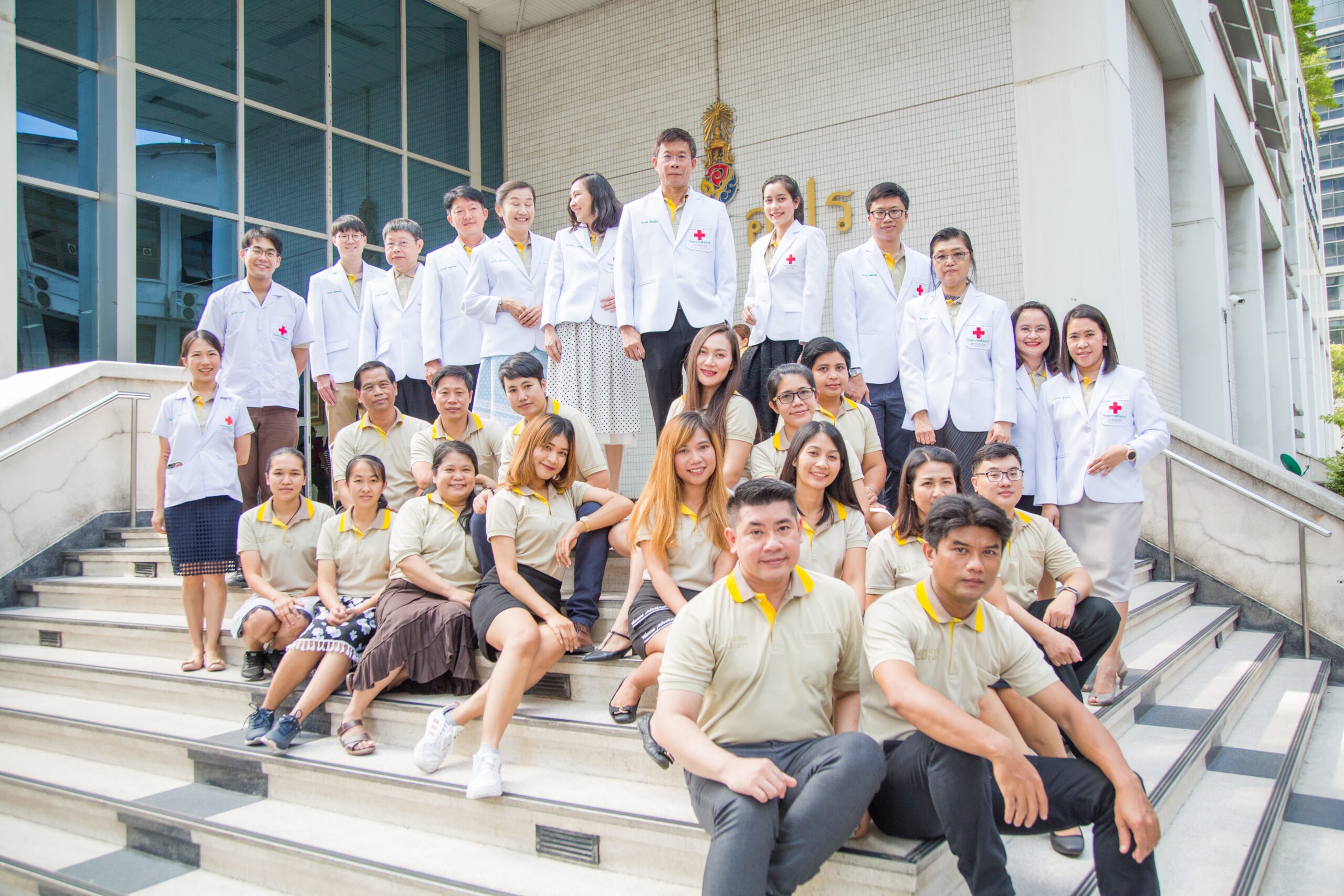
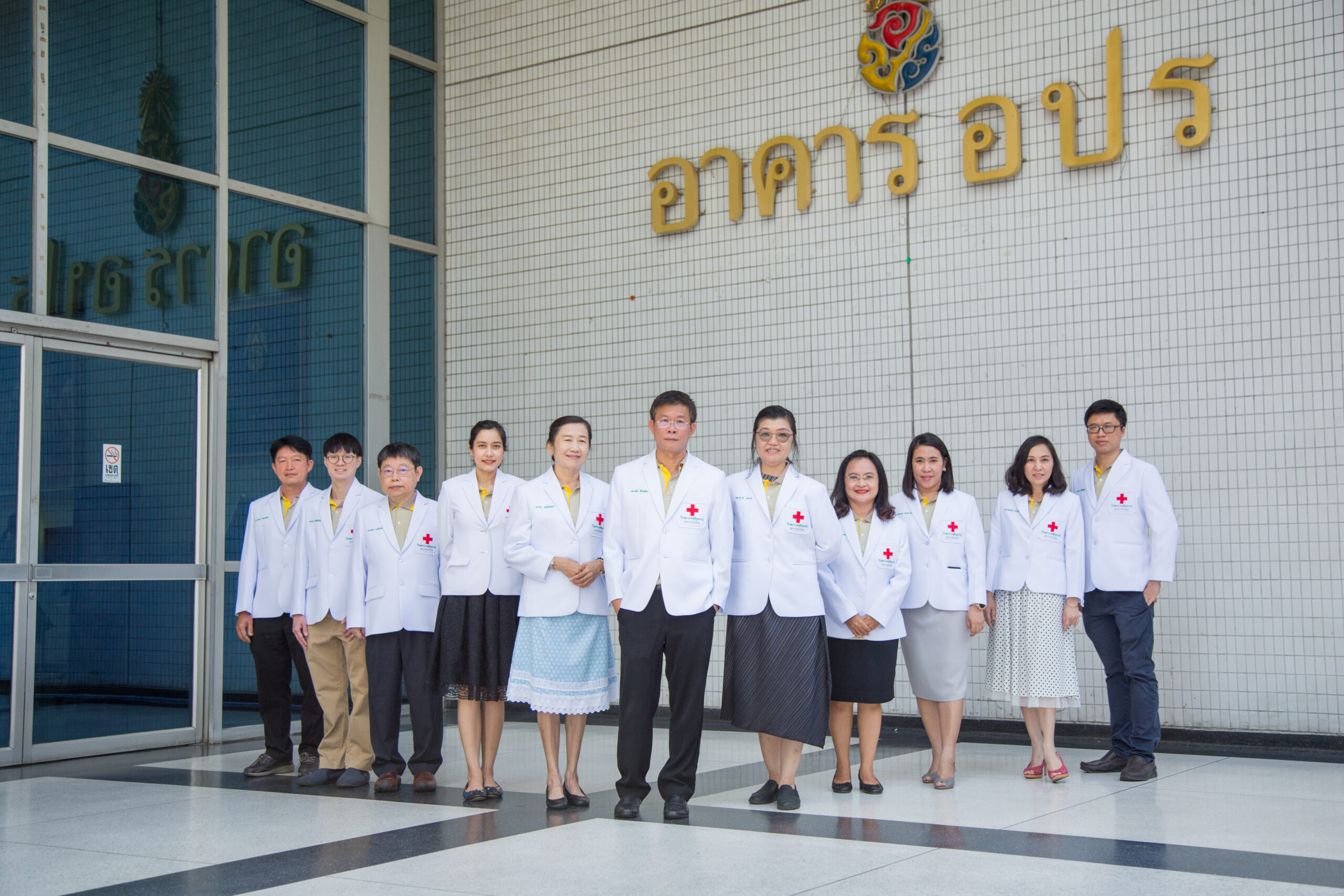
The Department of Parasitology, was originally a division under the Department of Pathology. Due to the significance of Medical Parasitology—a field that studies living organisms causing diseases in humans or serving as vectors transmitting such diseases, as well as the relationships between humans and various animal species—Parasitology has been regarded as one of the most important disciplines in medical education.
On January 10, 1967, the National Education Council approved the separation of Parasitology from the Department of Pathology to establish it as an independent department. Professor Anon Pradatsuntarasarn, M.D., a graduate in Public Health and Tropical Medicine from Tulane University, USA, was appointed as the first Head of the Department.
Later, the Office of the University Affairs officially changed the department’s name from “Parasitology” to “Parasitology Department.” After the separation, the Department’s office remained temporarily in the Pathology Building before being relocated to the Forensic Medicine Building.
In 1983, the Anandamahidol Building was constructed, with its lower floors serving as the administrative area of the Faculty. The Department of Parasitology subsequently moved its office to the 6th floor of this building.
In 2001, the Faculty of Medicine constructed the Apor Building to accommodate the growing number of medical students. Consequently, the Department of Parasitology relocated its pre-clinical teaching facilities to the 18th floor of the Apor Building, where it remains to this day.
The Department of Parasitology places great emphasis on imparting parasitological knowledge to medical students, graduate students, and medical personnel. Its mission is to provide a thorough understanding of parasitic diseases prevalent in Thailand and significant parasitic infections that may cross national borders in the era of globalization. Additionally, the Department provides diagnostic and therapeutic services for parasitic diseases to patients at King Chulalongkorn Memorial Hospital and offers professional consultation to general practitioners. Each year, approximately 30,000 patients receive laboratory diagnostic services from the Department, which also regularly conducts community-based parasite screening in collaboration with the hospital.
With ongoing advancements in immunology, molecular biology, and related sciences, the Department has integrated these disciplines into parasitological studies and research, extending beyond traditional morphology-based investigations. Thus, while adhering to its original policies, the Department has continually applied and modernized these interdisciplinary approaches to teaching, research, and clinical service in parasitology—ensuring relevance to current and future medical developments. This commitment supports the advancement of the Department of Parasitology, the Faculty of Medicine, Chulalongkorn University, and King Chulalongkorn Memorial Hospital.
The Parasitology Division aligns its quality policy with the hospital’s vision: “King Chulalongkorn Memorial Hospital, the Thai Red Cross Society, and the Faculty of Medicine, Chulalongkorn University shall be a model medical institution of moral integrity and international quality standards.”
List of Heads of the Division of Parasitology (Past to Present)
- Professor Anon Pradatsuntarasarn, M.D. — 1967–1980
- Associate Professor Kamphon Petsaranon, M.D. — 1981–1984
- Associate Professor Pisai Kraivichien, M.D. — 1985–1988
- Associate Professor Pisai Kraivichien, M.D. — 1989–1996
- Associate Professor Somchai Jongwutiwes, M.D., Ph.D. — 1997–2000
- Associate Professor Surang Nuchprayoon, M.D., Ph.D. — 2001–2004
- Professor Somchai Jongwutiwes, M.D., Ph.D. — 2005–2008
- Associate Professor Padet Siriyasatien, M.D., Ph.D. — 2009–2012
- Professor Surang Nuchprayoon, M.D., Ph.D. — 2013–2016
- Professor Padet Siriyasatien, M.D., Ph.D. — 2017–2024
- Associate Professor Vivornpun Sanprasert, Ph.D. — 2025–Present
Mission of the Department of Parasitology
As the Head of the Department, what is your vision for driving the center forward, and what are your goals in its administration?
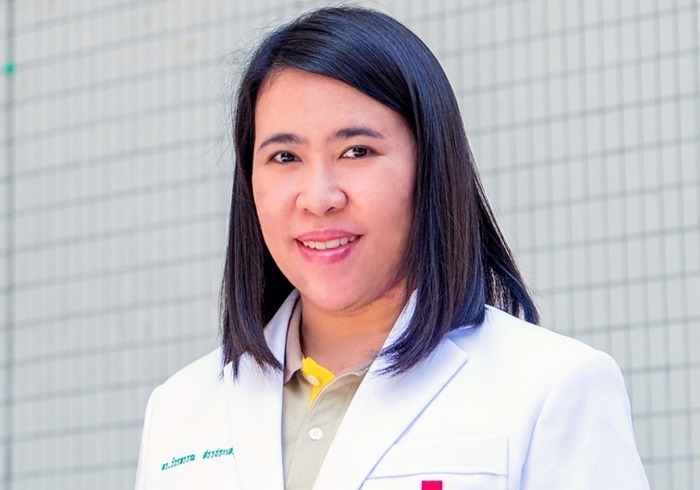
Future Directions
– To be a Department that serves as an Academic Reference Center
Academic writing—including teaching materials, instructional documents, textbooks, academic articles, and parasitology research reports—requires extensive exploration of both primary and secondary sources to build a solid foundation for conceptual development. Essential information from these sources may be incorporated into the content of academic works. The Department of Parasitology, Faculty of Medicine, Chulalongkorn University, with its team of professional medical lecturers and researchers, aims to conduct research on parasitic diseases, produce studies that respond promptly to emerging infections and global environmental changes, and establish itself as an authoritative academic reference for advancing parasitological research.
– To Maintain International Standards of Service
Today, medical technology plays a vital role in laboratory analysis and disease diagnosis, ensuring test results are accurate, precise, and reliable. Therefore, the development of laboratory quality systems is essential—particularly those adhering to ISO 15189 (Medical Laboratories – Quality and Competence) and ISO 15190 (Medical Laboratory Safety). These are globally recognized international standards. The Department of Parasitology recognizes the importance of maintaining internationally accredited laboratory services as a means to continuously enhance its laboratory quality system and overall service excellence.
– To Achieve International Recognition
To strengthen its international standing, the Department of Parasitology must evolve in parallel with rapid technological advancements. The Department continuously reviews and refines its strategies in all aspects of management to align with global dynamics and meet the needs of the 21st century. Its framework for internationalization includes:
Global Dimension: Awareness of global changes and multilingual competence.
Organizational Learning Dimension: Promotion of academic and research exchange.
Cultural Dimension: Understanding diverse and cross-cultural perspectives through ongoing collaborations with international students and scholars.
International Relations Dimension: Establishing and maintaining global research networks and collaborations.
– To Uphold Morality and Ethics
The Department of Parasitology places great emphasis on good governance, aiming to apply its six fundamental principles—integrity, rule of law, transparency, participation, accountability, and value for money—across all administrative processes. These principles help prevent mismanagement, promote ethical conduct, ensure efficient and economical use of resources, and foster a strong sense of responsibility and moral awareness among all departmental personnel.
MOTTO
Professionalism
— Commitment to excellence and expertise in the field of parasitology.
Academic
— Advancement of academic knowledge and scholarship in parasitology.
Responsibility
— Dedication to social responsibility and public health.
Agility
— An adaptive and flexible organization that responds effectively to changing circumstances.
Support
— Fostering mutual support and collaboration among all units.
Integrity
— Administration and work guided by ethical principles and moral values.
Teamwork
— Promoting unity and collaboration through effective team effort.
Excellence
— Striving for outstanding achievement and leadership in parasitology.
